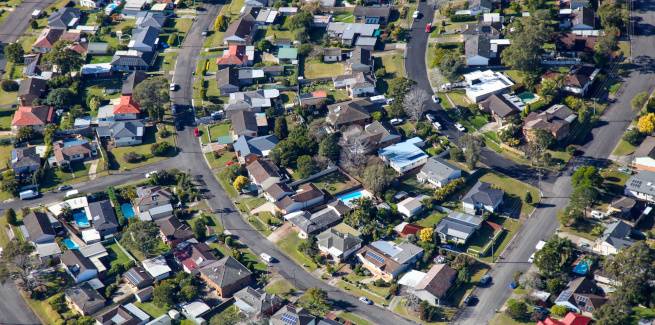Property research group CoreLogic has released its latest Hedonic Home Value Index, reporting a 1.1 per cent increase in national home values in February – marking the eighth consecutive month of growth since prices bottomed out in June.
The national increase was triggered by a 1.2 per cent rise in values across combined capital cities, while regional values grew 0.7 per cent.
Sydney and Melbourne continued to lead the rebound in dwelling values, with the major capitals recording growth of 1.7 per cent and 1.2 per cent, respectively.
Hobart and Canberra both recorded price growth of 0.8 per cent, with Brisbane (0.6 per cent), Perth (0.3 per cent), and Adelaide (0.1 per cent) also reporting gains.
Darwin was the only capital to record a decrease in dwelling values, down 1.4 per cent in February.
As at 29 February, national dwelling values totalled $549,918, with the national median house price at $561,634 and the national median unit price at $518,845.
Reflecting on the data, CoreLogic’s head of research, Tim Lawless observed that low interest rates and more favourable lending conditions have continued to spur demand for housing.
“The primary factors driving this rebound remain in place and include an extremely low cost of debt and improved borrowing capacity,” he said.
However, Mr Lawless said he does not expect the current rate of growth to continue, particularly in Sydney and Melbourne, where he said gains may have peaked late last year.
Mr Lawless added that the “sluggish” pace of household income growth, weakening market confidence, the coronavirus outbreak, and growing affordability pressures could also affect demand in the housing market.
“A more significant downturn in consumer sentiment related to the coronavirus outbreak could become a determining factor that impacts the market over coming months,” he added.
“While housing demand is now relatively insulated from a downturn in foreign buyers, the economic impact on key export sectors such as education, tourism and commodities [is] likely to result in weaker economic conditions and lower consumer sentiment.
“Consumer sentiment readings are already low, and a further deterioration could see housing market activity start to slow.”
AMP Capital chief economist Shane Oliver echoed Mr Lawless’ sentiment, making particular note of the rising coronavirus threat.
“A big and rising risk to the property market outlook is now posed by the global coronavirus outbreak,” he said.
“At this stage apart from the possible absence of some Chinese buyers I doubt coronavirus is having much impact on the property market.
“However, if the situation badly worsens globally and the virus takes hold in Australia then it could become a big short-term negative as the economy slows even further potentially into recession, the loss of share market wealth drags on property demand and if people put off buying property along with other activities for fear of catching the virus.”
Mr Oliver added that in such an event, further cuts to interest rates from the Reserve Bank of Australia (RBA) could “partially help in the other direction” and “help boost buying once the virus fear comes under control”.
“[In] the interim it could drive renewed falls in property prices,” he continued. “This is not our base case but given all the unknowns around COVID-19 it is worth monitoring as the risk is rising.”
However, Mr Lawless noted that he expects national home values to hit new heights in the coming months, with median dwelling values only 1.2 per cent below their 2017 peak.
[Related: Darwin rent prices overtake mortgages]
 ;
;
